Tag: Science
-

Niels Mede, University of Zurich – Is There a Crisis of Trust in Science?
When it comes to trust in science, it depends where you look. Niels Mede, science communication researcher at the University of Zurich, delves in. Niels G. Mede is a postdoctoral researcher at the University of Zurich, Switzerland, and fellow of the Digital Democracy Centre in Odense, Denmark. He studies science communication, focusing on digital media,…
-

John Daily, University of Colorado – Wildfires Need Science
Wildfires are a topic that is demanding our attention these days. John Daily, emeritus professor of mechanical engineering at the University of Colorado, says science can teach us what we need to know. Dr. Daily is Emeritus Professor of Mechanical Engineering at the University of Colorado at Boulder. He studied Mechanical Engineering at the University…
-

Brandon Vaidyanathan, Catholic University of America – Science is a Quest for Beauty
Beauty is in the eye of the beholder, but is it also in science? Brandon Vaidyanathan, professor of sociology at the Catholic University of America, takes a closer look. Dr. Brandon Vaidyanathan is Professor of Sociology and Director of the Institutional Flourishing Lab at The Catholic University of America. He holds bachelor’s and master’s degrees…
-

Soazig Le Bihan, University of Montana – How Science Really Works
We understand how science works, right? Soazig Le Bihan, professor of philosophy and pre-law program director at the University of Montana, says our knowledge may need an update. Soazig Le Bihan is Professor of Philosophy and Director of the Pre-Law Program at the University of Montana. She has been conducting research in the philosophy of…
-
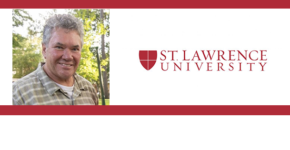
Jon Rosales, St. Lawrence University – Indigenous Knowledge and Practice as Scientific Methodology
Are scientists the only ones who can do science work? Jon Rosales, professor of environmental studies at St. Lawrence University, says no. St. Lawrence University Professor of Environmental Studies Jon Rosales is a climate change scientist focused on the impacts of climate change on native peoples in the Arctic. His expertise and scholarly focus are…
-
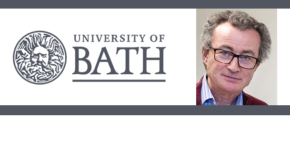
Laurence Hurst, University of Bath – Variety of Attitudes to Science
Why is there such a large variety of attitudes to even well-evidenced science? Laurence Hurst, professor of evolutionary genetics at the University of Bath, explores the differences between those who trust in science and those who do not. Since 1997 Laurence Hurst has been the Professor of Evolutionary Genetics at The University of Bath. Prior…
-
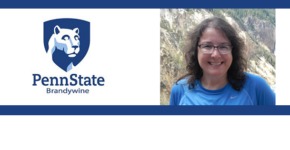
Laura Guertin, Penn State University Brandywine – Science and Communication
There are many challenges breaking down science for consumption. Laura Guertin, professor of earth science at Penn State Brandywine, details a solution. Laura Guertin received her B.A. in Geology from Bucknell University and her Ph.D. in Marine Geology and Geophysics from the University of Miami’s Rosenstiel School of Marine & Atmospheric Science. Dr. Guertin’s primary…
-
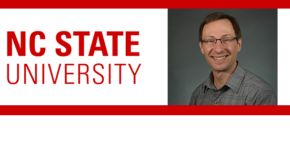
Jason Delborne, North Carolina State University – Forest Biotech
We have genetically engineered food; how about trees? Jason Delborne, associate professor of science, policy and society at North Carolina State University, looks into this question. Jason A. Delborne joined NC State in August 2013 as a Chancellor’s Faculty Excellence Program cluster hire in Genetic Engineering and Society (GES) and an associate professor of science,…
-
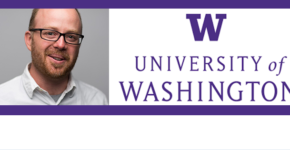
Ryan Kelly, University of Washington – Influential Science and Storytelling
Science papers aren’t usually the best places to find a good story. Ryan Kelly, assistant professor in the school of marine and environmental sciences at the University of Washington, discusses why that needs to change if scientists want to get their point across. Trained as both an ecologist and a lawyer, Ryan Kelly has a…

